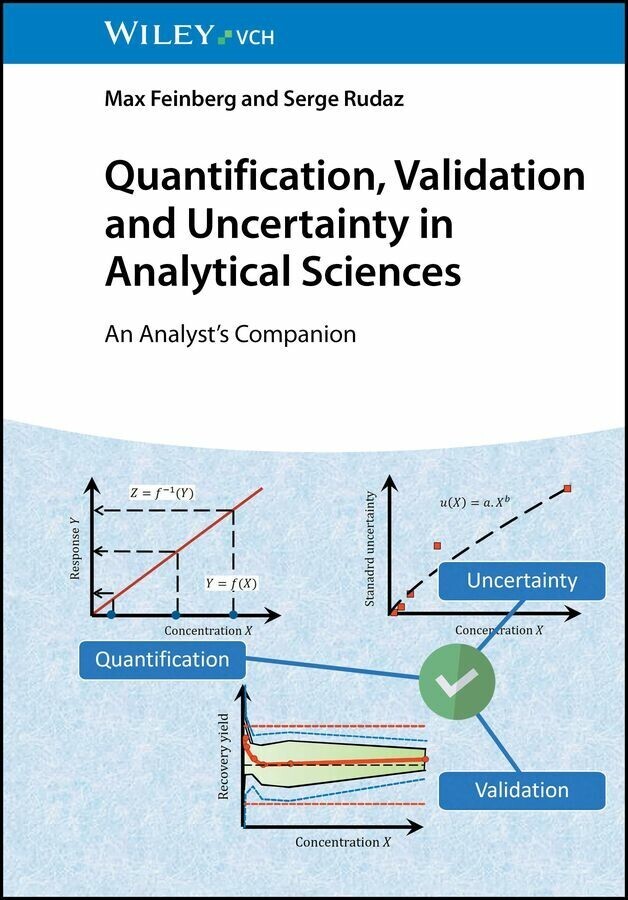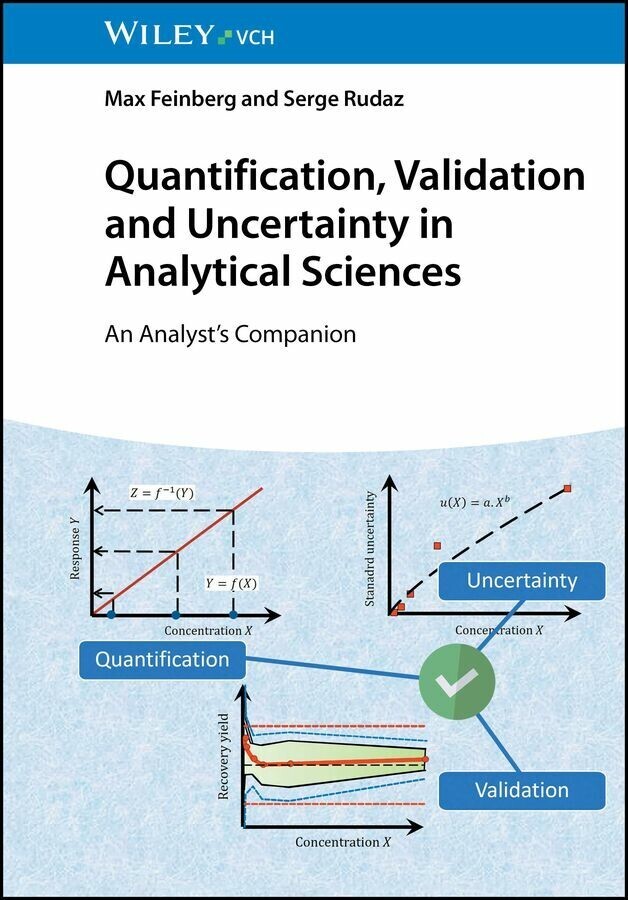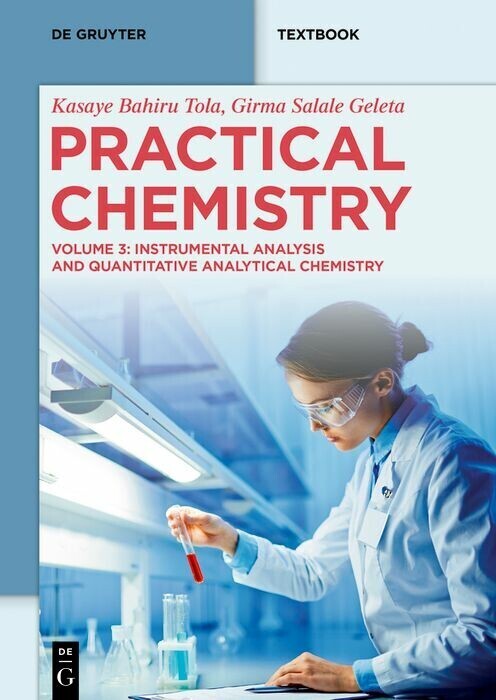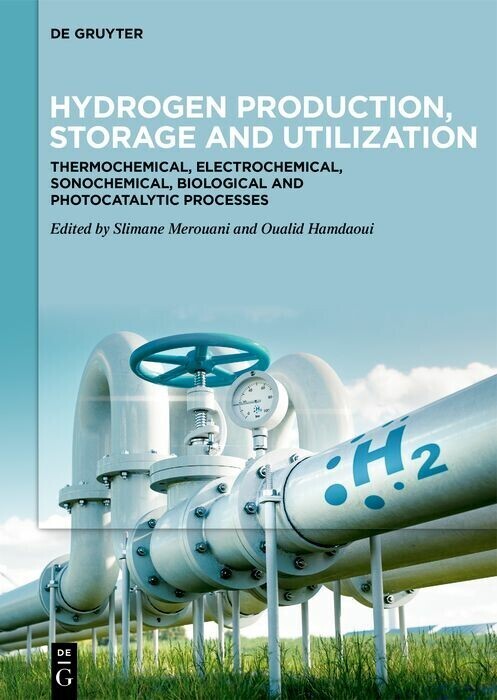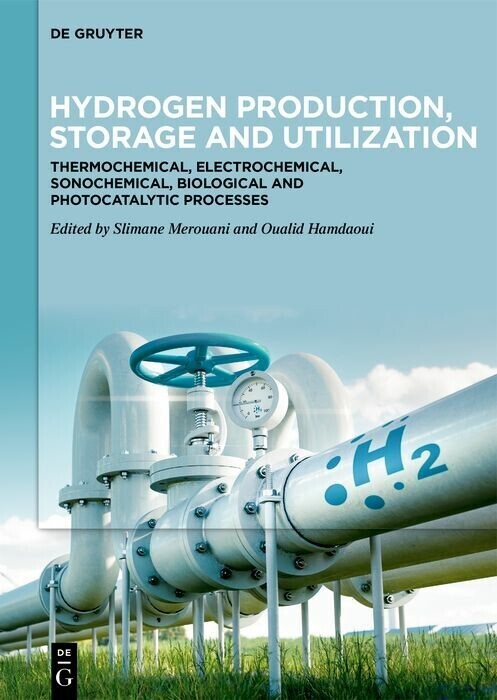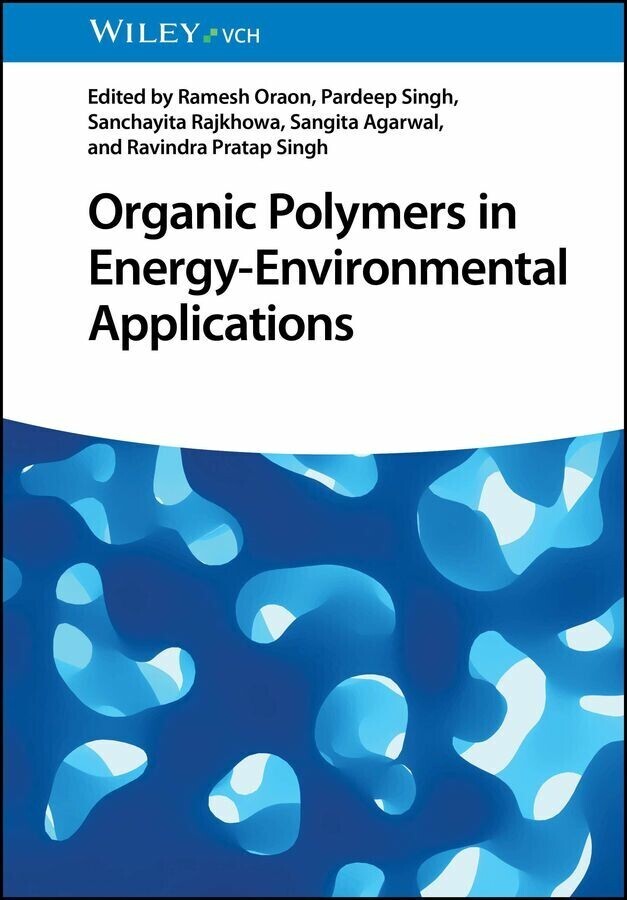Quantification, Validation and Uncertainty in Analytical Sciences
Companion guide explaining all processes in measuring uncertainty in quantitative analytical results
Quantification, Validation and Uncertainty in Analytical Sciences provides basic and expert knowledge by building on the sequence of operations starting from the quantification in analytical sciences by defining the analyte and linking it to the calibration function. Proposing a comprehensive approach to MU (Measurement Uncertainty) estimation, it empowers the reader to apply Method Accuracy Profile (MAP) efficiently as a statistical tool in measuring uncertainty.
The text elucidates several examples and template worksheets explaining the theoretical aspects of the procedure and includes novel method validation procedures that can accurately estimate the data obtained in measurements. It also enables the reader to provide practical insights to improve decision making by accurately evaluating and comparing different analytical methods.
Brings together an interdisciplinary approach with statistical tools and algorithms applied in analytical chemistry and written by two international experts with long-standing experience in the field of Analytical measurements and Uncertainty, Quantification, Validation and Uncertainty in Analytical Sciences includes information on:
- The know-how of methods in an analytical laboratory, effective usage of a spurious measurement and methods to estimate errors. Quantification, calibration, precision, trueness, MAP addons, estimating MU for analytical sciences, and uncertainty functions
- Employing measurement uncertainty, sampling uncertainty, quantification limits, and sample conformity assessment
- Decision making, uncertainty and standard addition method, and accuracy profile for method comparison
Quantification, Validation and Uncertainty in Analytical Sciences is an ideal resource for every individual quantifying or studying analytes. With several chapters dedicated to MU's practical use in decision making demonstrating its advantages, the book is primarily intended for professional analysts, although researchers and students will also find it of interest.
Max Feinberg has served as a research director at the National Institute of Agricultural Research (INRA). He has organized and chaired various congresses, served on the editorial boards of several journals, and coordinated various European research projects.
Serge Rudaz is full professor at the school of pharmaceutical sciences from the University of Geneva, Switzerland. He is a specialist in the analysis of low molecular weight compounds in biological matrices and an expert in method validation.
| ISBN | 9783527845262 |
|---|---|
| Artikelnummer | 9783527845262 |
| Medientyp | E-Book - ePUB |
| Copyrightjahr | 2024 |
| Verlag | Wiley-VCH |
| Umfang | 336 Seiten |
| Sprache | Englisch |
| Kopierschutz | Adobe DRM |

